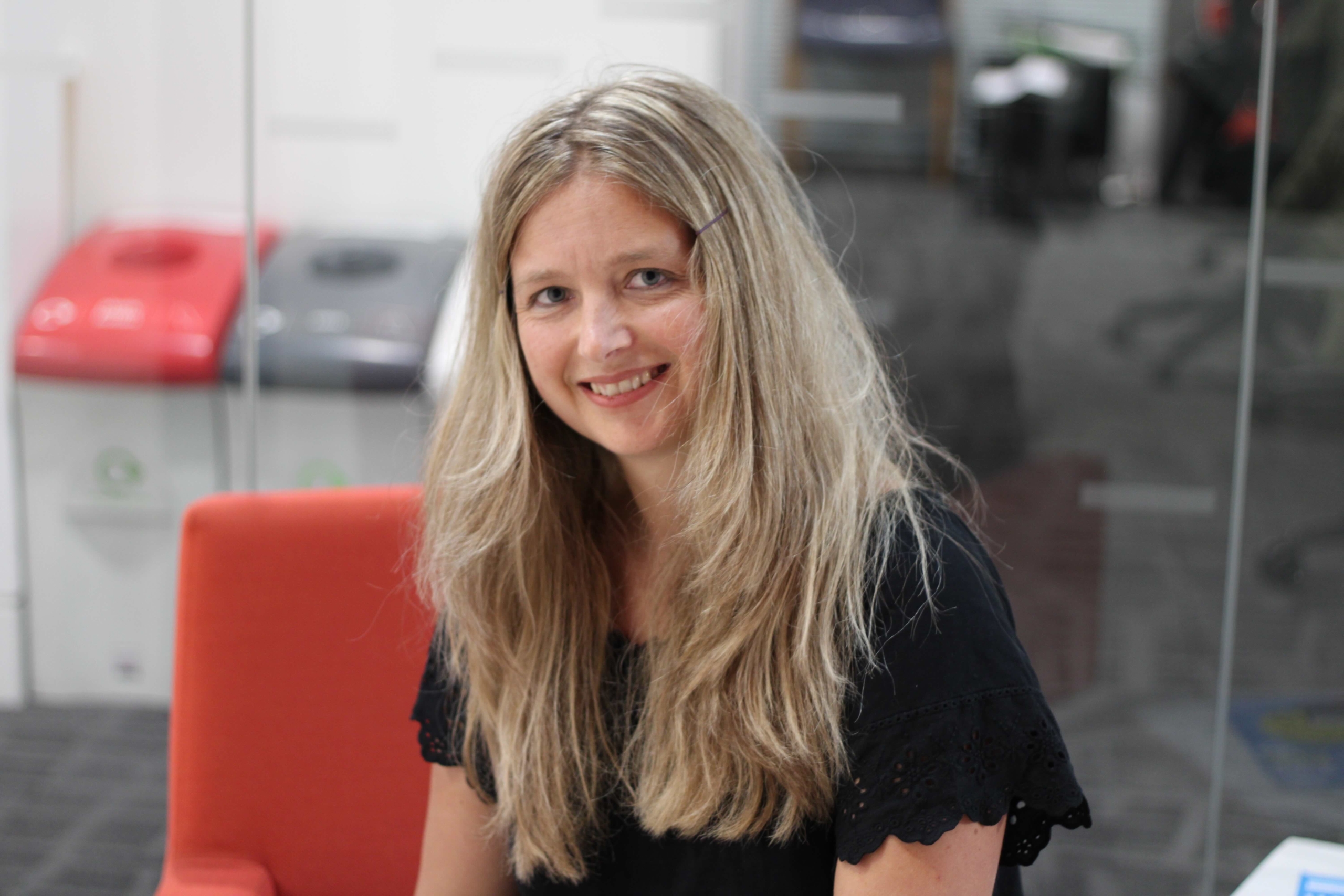Closing date: 17/11/2025
Non-Clinical Studentship Project: Uncovering a UFMylation-Fanconi anaemia axis to overcome chemoresistance in ovarian cancer
Lead Supervisors: Dr Christine Schmidt
Co-Supervisors: Prof. Richard Edmondson, Prof. Stephen Taylor, Dr Stefan Meyer
Applications Deadline: 12:00pm Monday 17th November 2025
Interviews: Week commencing 12th January 2026
Start date: September 2026
Project Keywords: UFM1, Fanconi anaemia, high-grade serous ovarian cancer (HGSOC)
Research Opportunity: Non-Clinical Studentship leading to the award of PhD
Project Outline
Ovarian cancer, and particularly high-grade serous ovarian cancer (HGSOC), is the most lethal gynaecological cancer. Although initial treatments with platinum chemotherapy are often successful, ~80% of patients relapse. At recurrence, drugs such as doxorubicin are commonly used, but resistance develops rapidly, leaving very limited options and contributing to poor long-term survival. Tackling chemoresistance is therefore a critical unmet need. A subgroup of HGSOC tumours with CCNE1 amplification (15-20% of cases), is especially difficult to treat, as these cancers relapse quickly and resist targeted therapies.
Our recent analyses show that these tumours often also overexpress FANCD2, a DNA repair protein of the Fanconi anaemia pathway that can protect cancer cells from chemotherapy damage. We have discovered that UFMylation, the latest identified ubiquitin-like protein-modifying pathway, is essential to stabilise FANCD2 during chemotherapy stress. This opens up the exciting opportunity to both understand and target a novel vulnerability in resistant ovarian cancer.
The student will explore how UFMylation controls DNA repair and chemotherapy survival. The research will use two innovative platform technologies developed uniquely in Manchester: an antibody-independent UFMylome mapping system that identifies UFMylation sites on proteins with unprecedented precision, and an ultra-low ROS APEX2 labelling method that captures fragile protein interactions without detectably damaging DNA. Alongside these cutting-edge approaches, the student will use a Manchester Living Biobank, one of the world’s largest in-depth annotated collections of patient-derived ovarian cancer models, to test UFMylation targeting strategies for resensitising resistant tumours to chemotherapy.
This project will equip the student with advanced skills in molecular biology, proteomics, and translational cancer research while contributing to Manchester’s internationally recognised ovarian cancer programme. By uncovering how UFMylation drives therapy resistance and identifying ways to overcome it, the research has clear potential to inform future treatment strategies and improve outcomes for patients with the hardest-totreat ovarian cancers.
Applications for this project are now open. Please complete your application on The University of Manchester website.
About Dr Christine Schmidt (project Lead Supervisor)
Christine completed postdoctoral positions in Prof. Stephen Jackson’s group at the Gurdon Institute/University of Cambridge between 2011 and 2016, and Dr Tom Misteli’s group at the National Cancer Institute, National Institutes of Health, USA, between 2009 and 2011. She was awarded her PhD in Dr Frank Uhlmann’s group at the CRUK London Research Institute/University College London where she performed her studies between 2004 and 2009.

Key information
Before submitting an application, please ensure you have read the information below about the funding arrangements and eligibility for Non-Clinical Studentships.
We also encourage you to get in contact with the lead supervisor to discuss the project and any particulars.
Further information is available on the Non-Clinical PhD Studentships webpage.
Our Non-Clinical PhD Studentships are usually funded for four years, with funding covering:
- Project running costs
- University tuition fees university tuition fees (at the UK rate, with some scholarships available for high-performing EU/International candidates)
- An annual stipend of £22,113 to help with living costs
Studentships are highly competitive and so we encourage you to contact any supervisors who you are interested in working with before applying for our Non- Clinical PhD Studentships.
International Candidates
The University of Manchester aims to support the most outstanding applicants from outside the UK.
We are able to offer a limited number of bursaries to high-performing EU and international candidates, covering PhD fees only. Bursaries do not include financial support for visa/health surcharges.
We assess each EU and international candidate’s suitability for a bursary at the application and interview stages.
You must hold, or be about to achieve, a First or Upper Second-class honours degree in a relevant subject. A related Master’s degree is also an advantage.
International applicants (including EU nationals) must ensure they meet the academic eligibility criteria (including English Language) before contacting potential supervisors to express an interest in their project. Eligibility information can be found on the University’s Country Specific information page.
Applications for this programme are now open. Please submit your application on The University of Manchester application portal.
Key dates
- Applications open: Monday 6th October 2025
- Application deadline: 12:00pm Monday 17th November 2025
- Interviews: Week commencing 12th January 2026
- Start date: September 2026
Useful Links
Submit your application
Interested in applying for this opportunity? Submit your application on The University of Manchester application portal.
Non-Clinical PhD Studentships
Learn more about our Non-Clinical PhD Studentships.
Get in Touch
Contact Dr Yasmin Noori Jenaghard, Postgraduate Programme Manager.
Researcher Stories
Read first-hand experiences of from cancer scientists from across Manchester.
Why Manchester?
Find out why postgraduate students choose to study in Manchester.
A Day in the Life of a Non-Clinical PhD Student
Watch our short video to see what it's like to be a Non-Clinical PhD student in Manchester.





